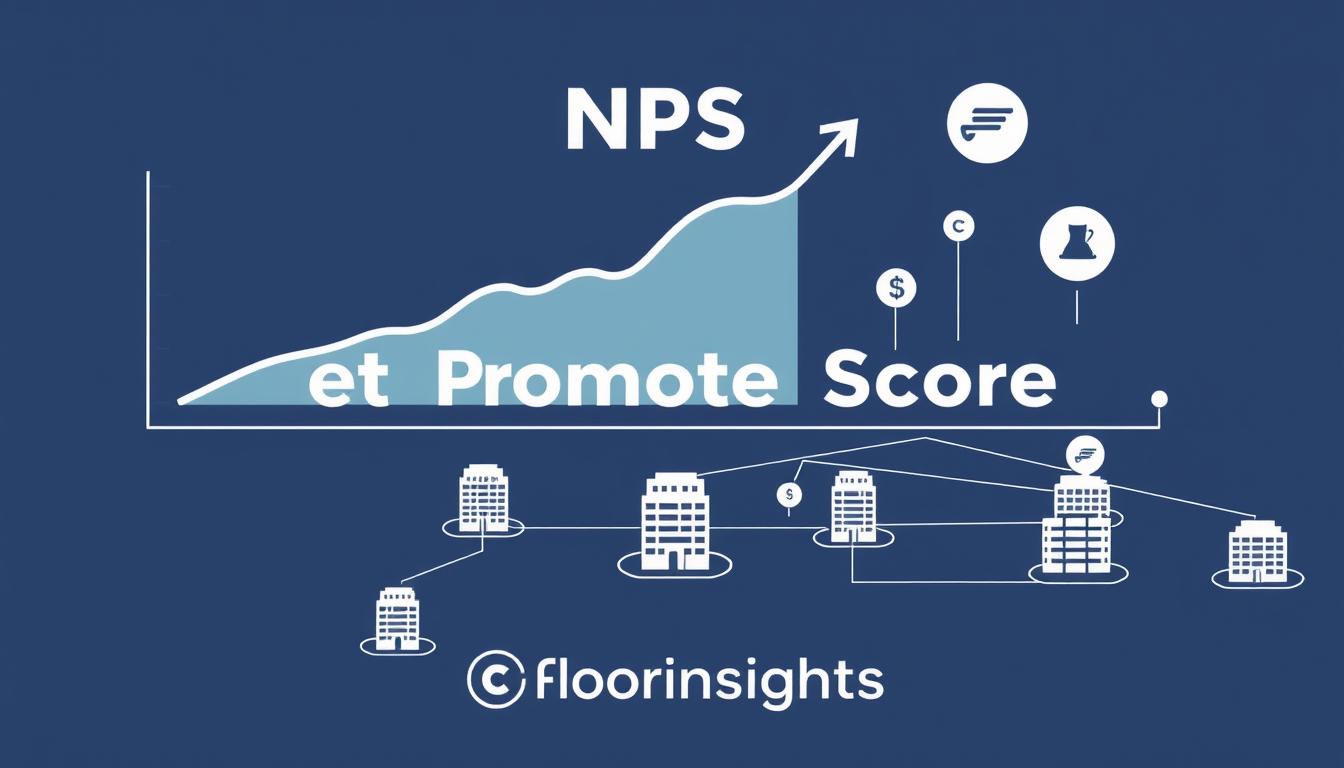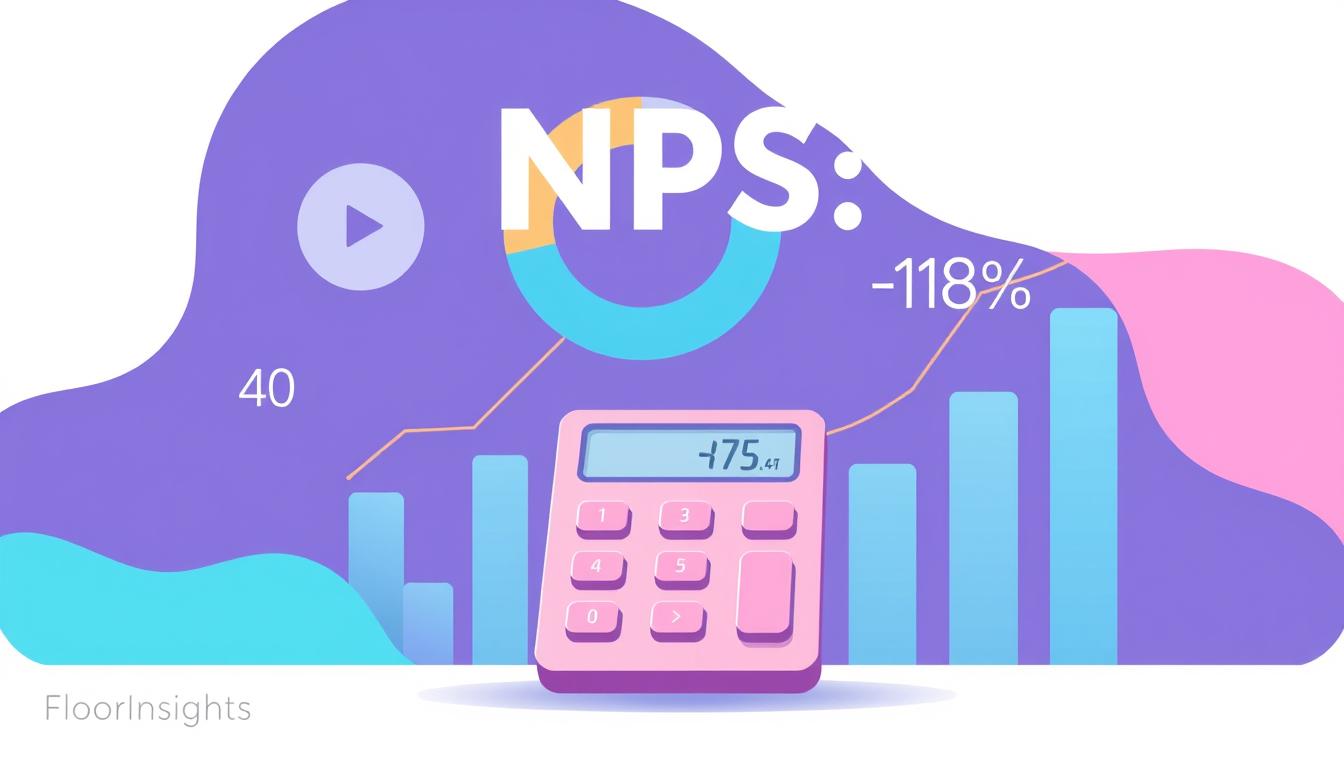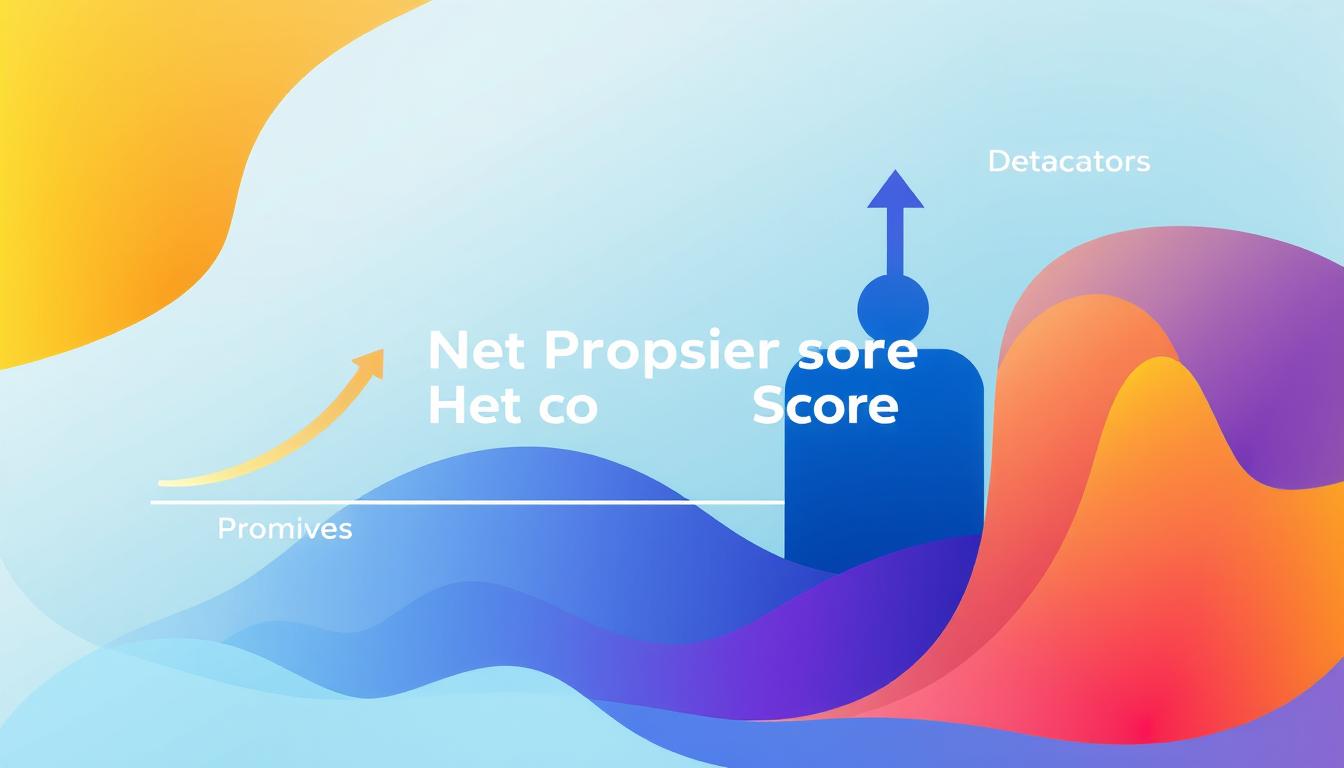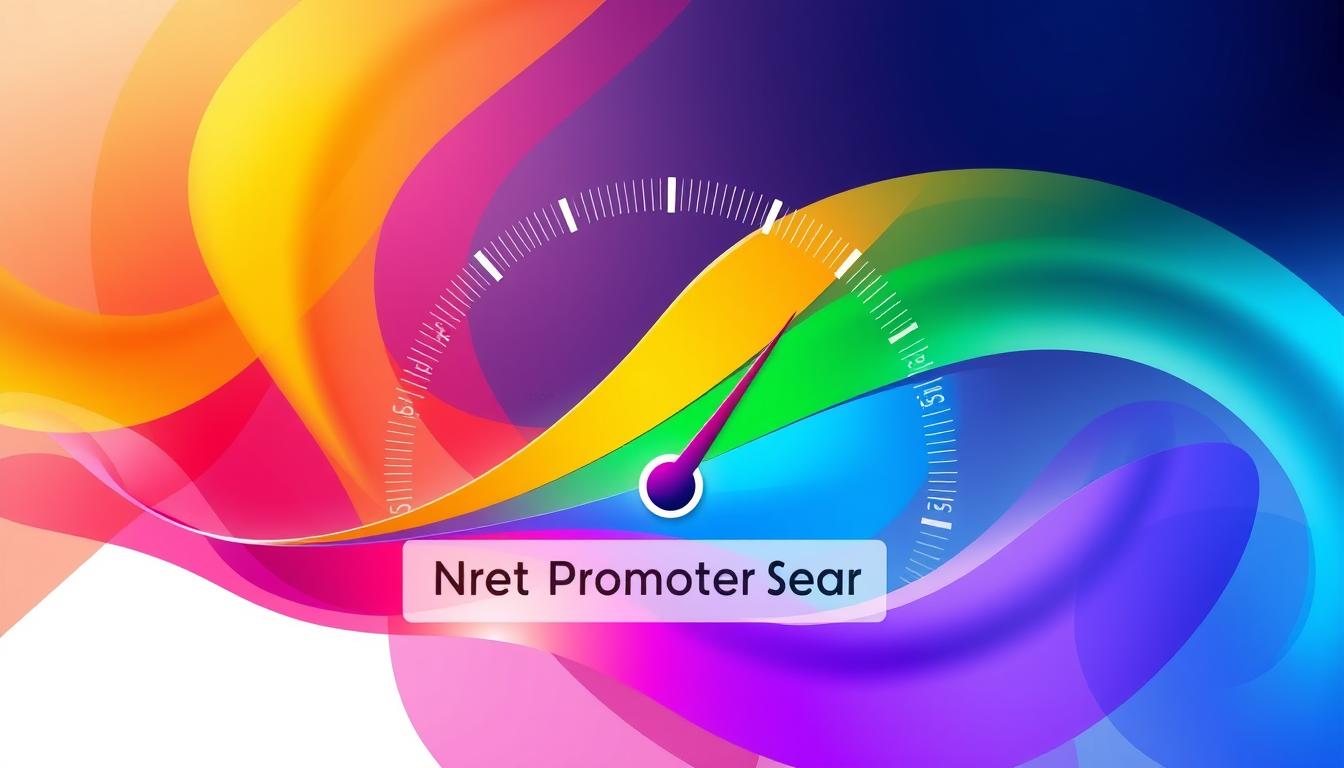In today’s competitive landscape, understanding the relationship between Net Promoter Score (NPS) and brand consistency in franchise models is crucial for our success. NPS serves as a vital performance measure that reflects customer loyalty and satisfaction, making it an indispensable tool for franchise businesses aiming for growth and sustainability. By maintaining brand consistency, we can strengthen our presence in the market, ensuring that customers receive a unified experience regardless of location. As Bain & Company has shown us through their development of the NPS methodology, aligning our strategies with customer feedback can significantly enhance our franchise performance.
Key Takeaways
- Understanding NPS is essential for gauging customer loyalty.
- Brand consistency promotes a unified customer experience across franchises.
- NPS can drive significant improvements in franchise performance.
- Real-time customer feedback enhances brand strategies.
- Aligning with established methodologies is crucial for franchise success.
Understanding Brand Consistency in Franchise Models
Brand consistency definition refers to the unwavering application of a brand’s identity across all platforms and customer touchpoints. In the context of franchise models, this consistency is vital for ensuring that customers receive a uniform experience, regardless of which franchise location they visit. Such alignment creates a sense of trust and loyalty, particularly in competitive markets.
The importance of brand consistency in franchise models cannot be overstated. Customers expect to receive the same quality of service, product, and overall experience, no matter where they engage with a brand. For instance, iconic franchises like McDonald’s and Domino’s excel at maintaining this consistency. When we walk into any McDonald’s, we anticipate the same menu items and quality that the brand promises worldwide. This reinforces our familiarity and attachment to the brand.
To illustrate, consider a comparison table showcasing key elements that drive brand consistency:
| Franchise Brand | Key Consistency Elements | Impact on Customer Experience |
|---|---|---|
| McDonald’s | Menu variety, service speed, restaurant ambiance | High familiarity leads to repeat purchases |
| Domino’s | Delivery time, quality of ingredients, customer service | Increases customer trust and encourages loyalty |
By prioritizing brand consistency, franchises can significantly enhance customer satisfaction, foster loyalty, and establish a strong market presence. This strategic focus contributes to their overall success and keeps them ahead in an ever-evolving business landscape.
The Role of Net Promoter Score in Franchise Success
NPS measurement serves as a crucial tool for evaluating the performance of franchise businesses. By gathering customer insights through targeted surveys, we can gauge the sentiment surrounding our brand and services. Understanding customer loyalty through NPS enables us to identify strengths and areas needing improvement, fostering a culture of continuous enhancement.
Franchise business success hinges on not just satisfying customers but exceeding their expectations. Surveying patrons helps us capture their feedback and respond with actionable strategies. This fosters an environment where customers feel valued and engaged, significantly contributing to their loyalty. Utilizing NPS, we can categorize respondents into promoters, passives, and detractors, gaining direct insight into their level of satisfaction.
“The best way to measure loyalty is through asking directly, and one of the most effective methods is the NPS.” – Net Promoter Network
Implementing effective NPS measurement strategies can lead to improved customer satisfaction and retention. Here are some key methodologies applied in franchise models:
- Regularly scheduled surveys to monitor changes in customer sentiment.
- Segmenting data by demographics to identify unique needs and expectations.
- Creating feedback loops where customer criticisms are quickly addressed and resolved.
Incorporating NPS insights allows franchises to not only attain immediate customer loyalty but also achieve long-term growth. By aligning our brand messaging with actual customer experiences, we strengthen our commitment to exceptional service. The positive correlation between NPS scores and franchise growth highlights the importance of consistent application of customer feedback in driving business success.
| NPS Score Range | Customer Sentiment | Business Implications |
|---|---|---|
| Promoters (9-10) | Highly satisfied | Increased likelihood to recommend, repeat sales |
| Passives (7-8) | Satisfied but unenthusiastic | At risk of switching to competitors |
| Detractors (0-6) | Dissatisfied | Negative word-of-mouth, potential for higher churn |
In conclusion, the systematic use of NPS can drive significant contributions to franchise business success. By ensuring that customer feedback is not only collected but also acted upon, we pave the way for sustainable growth and enhanced customer loyalty through NPS.
Benefits of Maintaining Brand Consistency
Brand consistency plays a vital role in our franchise’s success. When we maintain a strong and recognizable brand identity, we unlock numerous benefits of brand consistency that can significantly enhance our market presence. A unified branding strategy fosters franchise loyalty among customers, making them more likely to choose our franchise over competitors.
One key advantage lies in the area of customer retention. Consistently delivering the same quality and experience across all franchise locations builds trust with our customers. This trust translates directly into loyalty, leading to increased repeat business. Research from Statista reveals that 57% of consumers report feeling more loyal to brands that deliver consistent messaging.
Effective marketing campaigns thrive on a recognizable brand identity. When our marketing materials reflect consistent branding, they become more impactful. Customers are more likely to engage with our content and promotions when they see a cohesive theme. By streamlining our messaging, we can communicate our values clearly, driving higher engagement rates and ultimately improving sales performance.
Here’s a summary of the benefits of brand consistency:
| Benefit | Description |
|---|---|
| Improved Customer Loyalty | Customers perceive consistent brands as more trustworthy, increasing franchise loyalty. |
| Enhanced Marketing Effectiveness | Consistent messaging boosts the clarity and impact of our campaigns. |
| Increased Customer Retention | Consistency fosters trust, leading to repeat business from satisfied customers. |
| Stronger Brand Recognition | Uniform branding improves memorability, making it easier for customers to recognize and prefer our franchise. |
How NPS Drives Customer Engagement
Understanding the relationship between Net Promoter Score (NPS) and customer engagement strategies is vital for franchises aiming to enhance franchise customer loyalty. NPS serves as a framework for capturing customer feedback, allowing us to identify satisfaction levels and areas for improvement. Leveraging NPS data effectively transforms this feedback into actionable insights.
One key aspect of NPS impact lies in its ability to inform customer engagement strategies. By analyzing the data, we can categorize customers into promoters, passives, and detractors. This classification enables us to tailor engagement approaches accordingly:
- Promoters: We can focus on loyalty programs and incentivizing feedback to keep them engaged.
- Passives: Targeting these customers with quality improvements or personalized communication can elevate their experience.
- Detractors: Immediate outreach is essential to address concerns and turn their experience around.
The implementation of NPS not only aids in understanding customer sentiment but also strengthens our ability to drive customer retention. Case studies from various industries illustrate a direct correlation between positive NPS results and increased customer loyalty. By adopting robust customer engagement strategies based on NPS insights, franchises can foster a loyal customer base that is likely to advocate for the brand.
Case Studies of Successful NPS Implementation
Understanding the impact of Net Promoter Score (NPS) through real-world examples can provide valuable insights for franchise businesses looking to enhance customer loyalty and brand recognition. We can draw significant lessons from NPS case studies across various industries, especially from hospitality and retail sectors.
NPS Case Studies Across Different Industries
Several industries have demonstrated successful NPS implementation. For instance, companies like Marriott Hotels and Apple have used NPS to gauge customer loyalty effectively. These organizations have transformed feedback into actionable strategies that not only improved service quality but also bolstered brand advocacy. Through consistent evaluation and adaptation, they have set benchmarks for excellence in customer relations.
Market Research Case Studies: Lessons Learned
Lessons from market research case studies reveal critical strategies for enhancing NPS results. Businesses that have strategically leveraged qualitative and quantitative research are often more successful in maximizing customer satisfaction. According to a report by Qualtrics, understanding customer sentiment through effective data collection methods is imperative. This enables organizations to adapt their offerings based on customer expectations, ultimately driving their NPS higher.
| Industry | Company | NPS Improvement Strategy | Results |
|---|---|---|---|
| Hospitality | Marriott Hotels | Enhanced training programs for staff based on customer feedback. | Increased NPS by 15 points over two years. |
| Technology | Apple | Launched a loyalty program rewarding repeat customers. | Achieved highest NPS in the tech industry. |
| Retail | Amazon | Implemented real-time feedback collection via apps. | Boosted customer satisfaction ratings significantly. |

Strategies for Enhancing Customer Satisfaction
Enhancing customer satisfaction is critical for franchises aiming to leverage their Net Promoter Score (NPS) for long-term success. Our focus centers on practical customer satisfaction strategies that utilize data effectively. Employing various analysis techniques can reveal deeper insights into customer feedback. We can also use survey templates for NPS, facilitating a structured approach to gathering valuable insights.
Customer Satisfaction Analysis Techniques
Implementing effective analysis techniques is essential for understanding customer sentiment. Utilizing quantitative methods, we can analyze NPS data to gauge customer loyalty. Additionally, qualitative feedback from open-ended survey questions helps us comprehend the deeper reasons behind customer opinions.
- Statistical analysis to identify trends in NPS data.
- Thematic analysis of customer comments to extract common issues.
- Benchmarking against industry standards to evaluate performance.
Utilizing Customer Satisfaction Survey Templates
Survey templates for NPS streamline the feedback collection process. These templates are designed to inquire about customer experiences effectively. Customizing templates allows us to capture relevant data points tailored to our specific brand and target audience.
| Survey Element | Description | Purpose |
|---|---|---|
| Rating Scale | 1 to 10 scale for NPS | Assess overall satisfaction and loyalty |
| Open-ended Questions | Feedback on specific experiences | Identify areas for improvement |
| Demographic Information | Collect data on age, location, etc. | Segment analysis for targeted strategies |
Brand Consistency Challenges in Franchise Models
Franchise operations often face significant brand consistency challenges. These issues can manifest in various forms, such as discrepancies in service quality across different locations or misalignment in marketing messages. Such inconsistencies can lead to a fractured brand identity, ultimately affecting customer loyalty and satisfaction.
Understanding these challenges is paramount for maintaining a cohesive franchise operation. Common franchise operational issues include:
- Varied Training Standards: Inconsistent training programs can result in uneven service quality among franchisees.
- Marketing Discrepancies: Different franchises may implement marketing strategies that do not align with the brand’s overall messaging.
- Quality Control Issues: Lack of regular oversight may lead to variances in product or service quality.
Implementing solutions for franchise consistency can effectively address these challenges. Here are some recommended best practices:
- Standardized Training Protocols: Establish comprehensive training programs that emphasize brand values and service standards.
- Regular Communication: Foster open communication channels between franchisors and franchisees to ensure everyone is on the same page.
- Consistent Monitoring: Regular assessments and audits can help ensure adherence to brand standards across all locations.
By focusing on brand consistency challenges and proactively implementing solutions for franchise consistency, businesses can create a unified brand experience that resonates with customers.
Improving NPS Through Effective Brand Management
In today’s competitive market, we can significantly enhance our Net Promoter Score (NPS) through innovative brand management techniques. Effective franchise brand management not only nurtures customer loyalty but also aligns brand messaging with the expectations of our diverse clientele. Implementing solid NPS improvement strategies can create a cohesive experience for consumers across all franchise locations.
- Consistent Messaging: Uniform communication across all franchise outlets creates a recognizable brand identity that resonates with customers.
- Customer Experience Management: Monitoring and optimizing customer touchpoints ensures satisfaction at every stage of engagement, positively impacting NPS scores.
- Training and Support: Providing comprehensive training for franchisees on brand values and commitment to customer service leads to better representation of the brand.
- Feedback Mechanisms: Establishing structured feedback channels allows franchises to gather insights and adapt their strategies for improving customer experiences.
We observe that franchises that adopt these brand management techniques often experience notable growth in customer satisfaction. Our systematic approach to NPS improvement strategies not only enhances customer retention but fosters brand advocates who are eager to promote our franchises. By investing in coherent franchise brand management, businesses can drive sustainable growth in a highly fragmented marketplace.
Real-World Examples: NPS Improvement Case Study
In our exploration of the NPS improvement case study, we uncover valuable insights drawn from specific examples in various industries. We focus on a jewellery brand case study and notable entertainment industry findings, highlighting the strategies that led to enhanced customer satisfaction and loyalty.
Jewellery Brand Case Study Insights
Recent reports reveal significant transformations within the jewellery sector through targeted NPS initiatives. A key player in this industry implemented a comprehensive customer feedback system that directly influenced their service quality. By actively soliciting input, they identified pain points in the customer journey. The resulting changes increased their NPS by 25%, a testament to the positive impact of enhanced client engagement.
Entertainment Industry Case Study Findings
The entertainment industry provides another enriching perspective through its NPS improvement case study. Companies utilizing Nielsen Entertainment market insights have integrated customer feedback mechanisms that drive performance. A leading entertainment brand focused on personalized experiences, increasing customer touchpoints across platforms. This proactive approach not only improved their NPS metrics but cultivated a loyal customer base eager to share their experiences.
Conclusion
In summary, the importance of NPS in fostering brand consistency cannot be overstated. Throughout this article, we’ve highlighted how a strong Net Promoter Score not only serves as a vital measurement of customer loyalty and satisfaction but also acts as a cornerstone for franchise business growth. By understanding and implementing best practices for NPS, franchises can ensure they maintain a consistent brand experience across all locations.
Furthermore, our exploration of brand consistency insights has demonstrated that harmonizing the customer experience contributes to long-term success. The correlation between effective brand management and NPS reveals that franchises embracing these principles are better positioned to cultivate customer loyalty, driving sustainable growth in a competitive marketplace.
As we move forward, let us take actionable steps to leverage the strategies discussed here. By prioritizing customer engagement and rigorous brand management, we can pave the way for meaningful interactions that bolster our NPS scores and ultimately support franchise business growth. Together, we can create a thriving environment where customer satisfaction becomes synonymous with our brand.
FAQ
What is the Net Promoter Score (NPS) and why is it important for franchise businesses?
The Net Promoter Score (NPS) is a widely used metric that measures customer loyalty and satisfaction. It is important for franchise businesses because it provides insights into customer feedback, helping franchises gauge their performance and identify areas for improvement, which is crucial for achieving brand consistency across all locations.
How can brand consistency enhance customer loyalty in franchise models?
Brand consistency ensures that customers receive a uniform experience across all franchise locations, which builds trust and fosters loyalty. By maintaining consistent branding, franchises can create a recognizable presence that enhances their reputation and encourages repeat business.
Can you provide examples of successful NPS implementation in different industries?
What are effective strategies for improving customer satisfaction using NPS?
Effective strategies for improving customer satisfaction include utilizing customer feedback to identify pain points, implementing targeted service enhancements, and regularly assessing performance through NPS surveys. We recommend using customer satisfaction survey templates to streamline this process.
What challenges do franchises face in maintaining brand consistency?
Common challenges include discrepancies in service quality, inconsistent marketing messages, and operational issues among franchisees. Addressing these challenges requires a solid framework for communication, training, and quality control to ensure all franchise locations adhere to established brand standards.
How can franchises leverage NPS data to drive customer engagement?
Franchises can use NPS data to understand customer sentiment better, identify engagement touchpoints, and develop targeted marketing strategies. By analyzing feedback trends, franchises can tailor their services and communications to enhance customer interactions, ultimately fostering loyalty.
What are some key lessons learned from market research case studies related to NPS?
Key lessons from market research case studies include the importance of regular feedback collection, the necessity of acting on customer insights, and the value of benchmarking against industry standards. Implementing these lessons can help franchises refine their approaches to customer satisfaction and loyalty.
Can NPS be used in the jewellery and entertainment industries effectively?
Absolutely. NPS has proven effective in both the jewellery and entertainment industries. Case studies from these sectors reveal how brands used NPS to enhance customer experiences, address service inconsistencies, and improve overall satisfaction, leading to tangible increases in customer loyalty.






